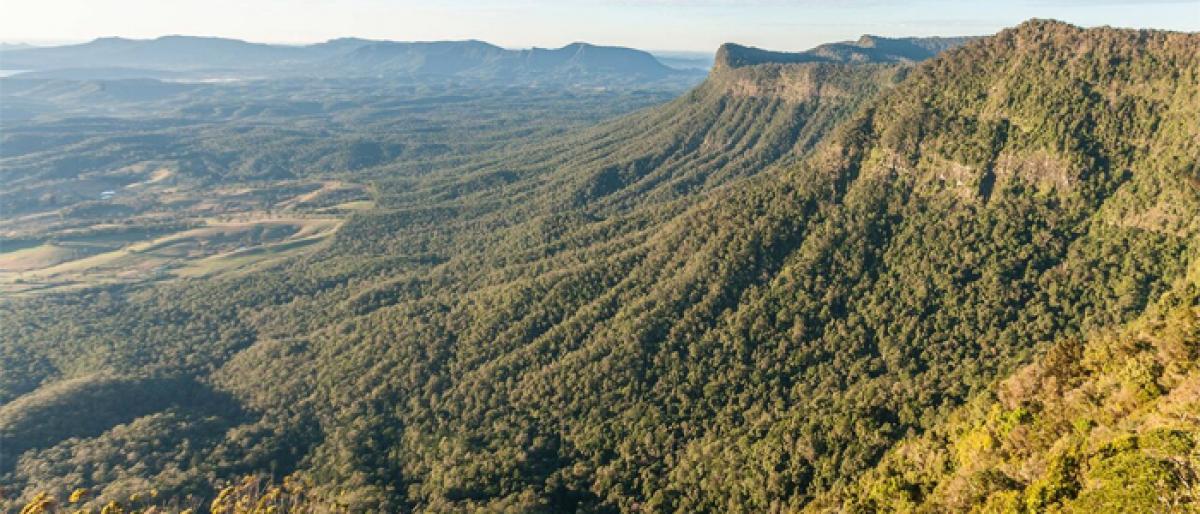World's last wilderness areas may vanish

Owing to huge global population and increasing human activities, the worlds remaining wilderness areas regions where the lands are in their natural state are rapidly disappearing, with explicit international conservation targets critically needed, new research says
Owing to huge global population and increasing human activities, the world's remaining wilderness areas -- regions where the lands are in their natural state -- are rapidly disappearing, with explicit international conservation targets critically needed, new research says.
For the study, researchers from the University of Queensland in Australia mapped intact ocean ecosystems besides charting the remaining terrestrial wilderness, providing the first full global picture of how little wilderness remains today.
"A century ago, only 15 per cent of the Earth's surface was used by humans to grow crops and raise livestock.
Today, more than 77 per cent of land - excluding Antarctica - and 87 per cent of the ocean has been modified by the direct effects of human activities, " said James Watson, a professor at the varsity.
"...between 1993 and 2009, an area of terrestrial wilderness larger than India -- a staggering 3.3 million square kilometres -- was lost to human settlement, farming, mining and other pressures," said Watson.
"And in the ocean, the only regions that are free of industrial fishing, pollution and shipping are almost completely confined to the polar regions," he added.
The world's remaining wilderness could only be protected if its importance was recognised in international policy, said James R. Allan, a post-doctoral student at the university.
According to Allan, some wilderness areas are protected under national legislation, but in most nations, these areas are not formally defined, mapped or protected.
"We need the immediate establishment of bold wilderness targets -- specifically those aimed at conserving biodiversity, avoiding dangerous climate change and achieving sustainable development," Allan noted.
Watson said that one obvious intervention these nations could prioritise was establishing protected areas in ways that would slow the impacts of industrial activity on the larger landscape or seascape.
"But we must also stop industrial development to protect indigenous livelihoods, create mechanisms that enable the private sector to protect wilderness, and push the expansion of regional fisheries management organisations," the professor added.
Global policy needs to be translated into local action, the team noted.

